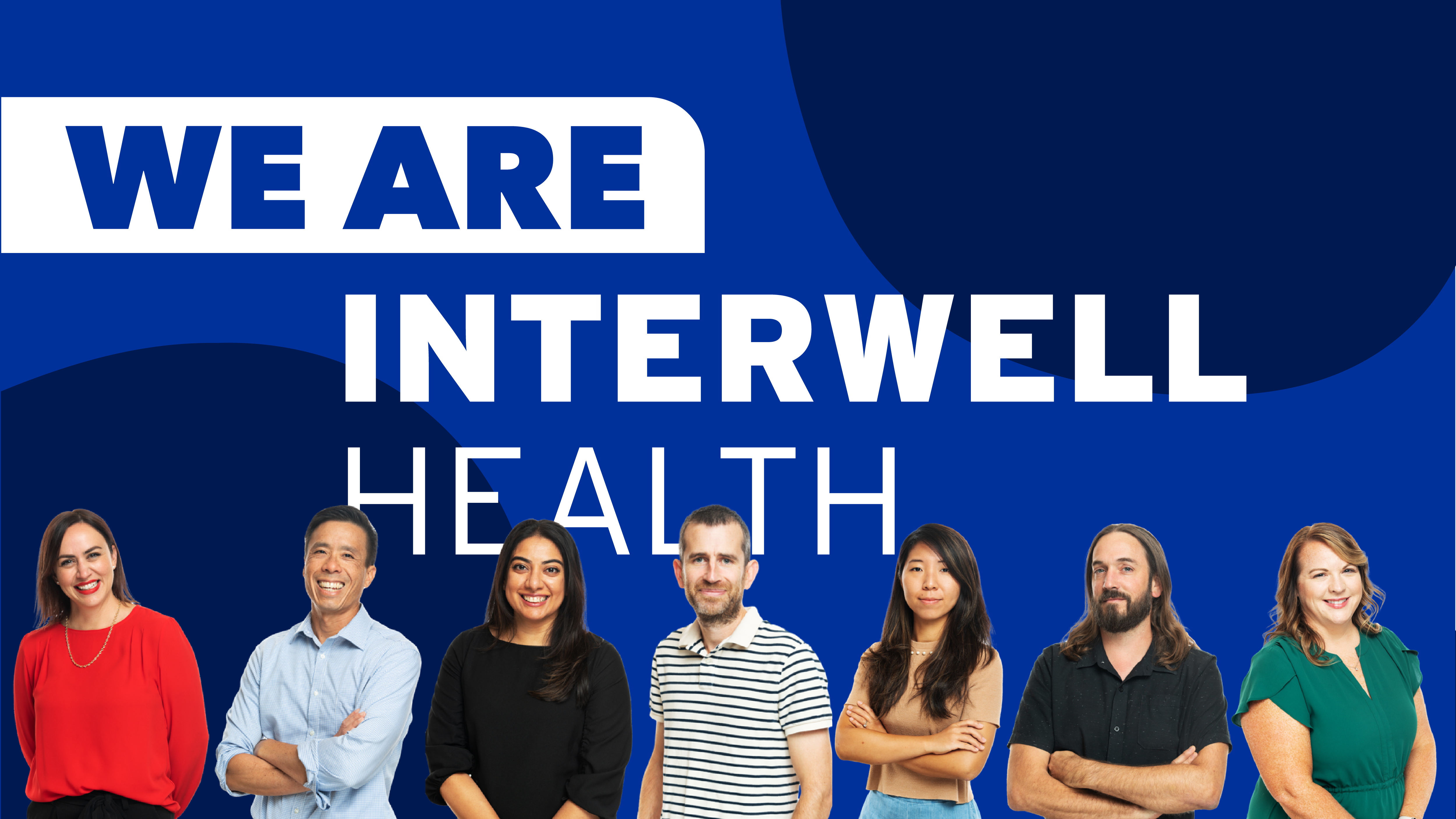One in three adults in the United States are at risk for chronic kidney disease (CKD) and most of them don’t know it. Find out if you’re one of them.
CKD can be hard to recognize for a few reasons. It’s often caused by certain health conditions and it doesn’t usually show any obvious signs or symptoms in the early stages. It’s also a condition you could be prone to based on age, race, or family history- which are all things you can’t control. One thing you can control is knowing your risk for CKD.
Here is some information you may find helpful.
What do kidneys do?
Think of your kidneys as a filtering system. They work hard to remove waste and extra fluid from your body. If your kidneys are damaged, they aren’t able to keep your body clean. Early detection and treatment of chronic kidney disease can often prevent or slow its progression.
There are a few tests your doctor can do now to help you understand how healthy your kidneys are which include:
- Testing for albumin. Albumin is a protein that is normally found in the blood, but if your kidneys are damaged, it can start to leak into your urine. A small amount of albumin in urine is ok, but if a larger amount is detected, this may indicate kidney disease is present.
- Testing for creatinine. Creatinine is found in the blood. When your kidneys are working well, they remove creatinine for your bloodstream. But, if kidney function slows down, the levels of creatinine rise. Your blood creatinine level, along with your age and gender, can be used to calculate your glomerular filtration rate (GFR), which can help you understand how well your kidneys are functioning.
What is kidney disease?
Chronic kidney disease (CKD) is the gradual loss of kidney function. Your kidneys filter waste and extra fluid from your blood. If they are damaged those things build up in your body. In its early stages, CKD doesn’t often show any obvious signs or symptoms. Chronic kidney disease may not become apparent until your kidney function is significantly impaired.
There are a few ways to stop or slow the progression of kidney disease which include making lifestyle changes and/or controlling the underlying cause such as other chronic health conditions.
Who is at risk for kidney disease?
People who have chronic conditions such as high blood pressure, heart disease or failure, and diabetes. Anyone with a family history of CKD may also be at higher risk depending on the cause of their family members’ CKD. Some ethnic or racial groups, especially African Americans, Hispanics, Pacific Islanders, and Native Americans are also at higher risk for developing kidney disease and so are those over the age of 65.
What are the common causes of CKD?
The most common causes of CKD in the US are diabetes and high blood pressure. Other causes of CKD include autoimmune diseases, some kidney-specific diseases (called glomerulonephritis), inherited diseases like polycystic kidney disease, long-term use of some medications, and urologic issues such as kidney stones and prostate problems.
How do you slow the progression of kidney disease?
Keeping blood pressure and blood sugar in good control are two important ways to slow progression. Following a healthy, low sodium diet and being active are also important for maintaining your overall health.
What should I do next?
Catching CKD early, managing any medical conditions, eating healthy, and being active can all help keep your kidneys in good shape. Once your kidneys are damaged, they can’t be repaired, so that’s why it’s important to know if you’re at risk.
Why Cricket Health?
Cricket Health enables patients to proactively care for their kidney health. Our kidney care support service is available to eligible members through their health plan at no cost. This service can help individuals understand their risk of developing chronic kidney disease (CKD). Anyone at risk will be assigned a dedicated care team of a nurse, dietitian, pharmacist, and others who will work to develop individualized care plans to help stop or slow the progression of CKD.
To find out if you’re eligible for Cricket Health, click here.




